
NEWS
How to Clean up the Bearing of Rotary Drum Dryer?
Email us:market@zdzg.com
The service life of rotary drum dryer’s bearing has a very close relationship with its quality and maintenance. To keep stable operation, the easy wearing parts need to be maintained regularly. When rotary drum dryer works, it always produces a lot of dust which will pollute the equipment, especially its bearing. Once bearing is polluted, it will directly affect the production efficiency and service life. So users must clean up the bearing immediately after stopping the rotary drum dryer. What issues should users pay attention to when clean up the bearing of rotary drum dryer? This paper will give you a comprehensive introduction.

Cleaning categories
Before cleaning up the bearing of rotary dryer, firstly take the bearing apart, inspect the appearance and make records, identify the residual stocks of lubricants, take samples and make a test, and then prepare for cleaning. Put metal mesh on the bottom of the container to avoid bearing form directly contacting with the container. The cleaning procedure of bearing generally consists of two steps: coarse cleaning and fine cleaning. Generally, the bearing is firstly coarse cleaned and then fine cleaned.
1. Coarse cleaning: tool used in this step is brush. Use a brush to remove grease and adhesive that are on the surface of the bearing. After roughly cleaning, then do the fine cleaning.
2. Fine cleaning: it refers to that users clean the bearing while rotary it in the wash oil. Thing that we need to pay attention in this step is that keep the wash oil clean.

Issues need to note:
1. The new installed tires are easy to loosen. Users must inspect them frequently.
2. Pay attention to the bearing whether it works properly or not.
3. If there is impact noise happening on the gear during work, stop the equipment and find reason immediately.
4. Inspect the wearing degree of the bearing, and prepare to replace the worn bearing at any time.
5. Activities bearing cannot move on the chassis to avoid any accidents from happening.
Prev:Prev:First


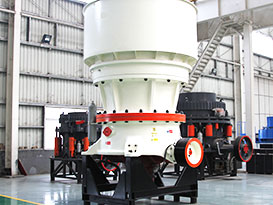
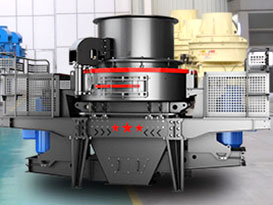
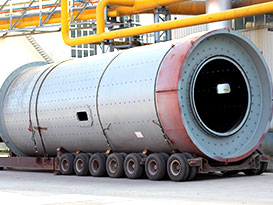
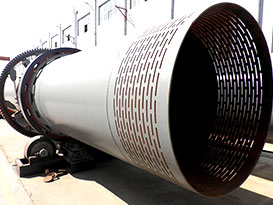
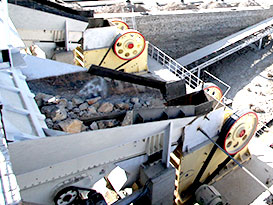 Stone Crushing Plant
Stone Crushing Plant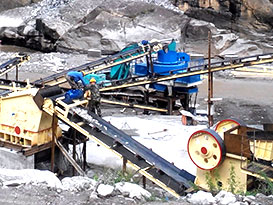 Sand Making Plant
Sand Making Plant